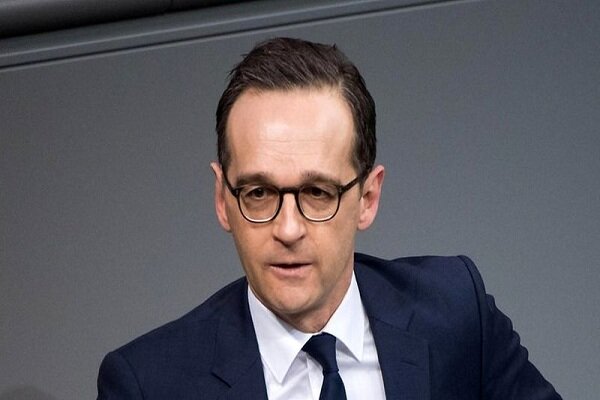Having just landed in Baghdad – the first stop on his tour of the Near and Middle East – German Foreign Minister Heiko Maas issued the following statement today:
“Following the recent escalation, we are duty-bound as European neighbours to advocate de‑escalation and peaceful reconciliation. We must not only call for dialogue, but also engage in it – especially where positions appear hopelessly entrenched and long-standing conflicts run deep. There is a clear danger that miscalculation, misunderstandings or provocations in a very tense region could have unforeseeable consequences.
It is not least uncertainty regarding the future of the JCPOA that has caused tensions to mount sharply. We Europeans are convinced it is worth every effort to work hard for the preservation of the Joint Comprehensive Plan of Action. Its continued and full implementation by Iran remains key to stability and security in the region.
Over the past few years, more than four million Iraqi refugees have returned home. To sustain its development, the country needs to maintain good relations with all of its neighbours. Because its hard-fought stability could be lost in the event of a major escalation in the Gulf region. It is therefore important for Baghdad to pursue a policy that aims to reconcile interests.
During my stops in Jordan and the United Arab Emirates, the focus will also be on the conflicts in Syria and Yemen. We will not let up in our efforts to support the United Nations as it works towards a political solution to these conflicts”.
According to the scheduled program, Maas will meet his Iranian counterpart Mohammad Javad Zarif on Monday. It will be the first trip by a German minister to Iran in two-and-a-half years. Maas will visit Iran on Monday as part of a three-country Middle East tour.
He will explore options to preserve the "Joint Comprehensive Plan of Action" (JCPOA), more commonly known as the Iran nuclear deal.


























Your Comment